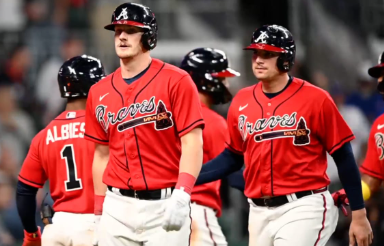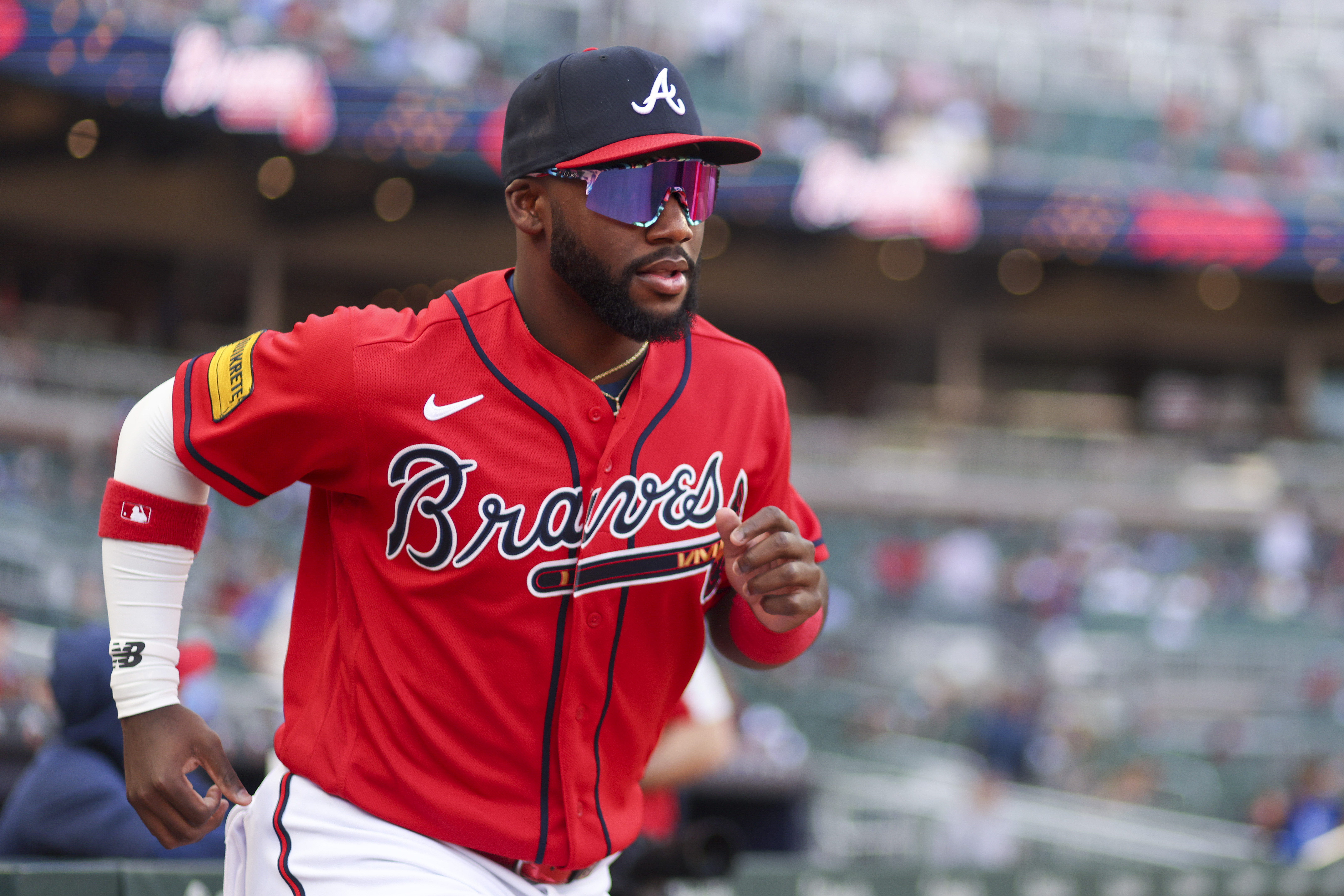
In what was supposed to be a crucial bounce-back week, the Atlanta Braves completely collapsed. They dropped a very winnable series to the struggling Angels due to breakdowns in both pitching and offense, and then followed it up by losing at home to Baltimore—whose starter was the aging Charlie Morton. Rather than the gritty, resilient “Won’t Quit” Braves fans had come to rely on, this version of the team looks disoriented and dangerously close to waving the white flag on the 2025 season.
Even more concerning? A few of the players at the heart of Atlanta’s struggles are locked into long-term deals.
Coming into the season, Atlanta was praised for its ability to secure its core with team-friendly extensions. Many of those moves still look like steals—Ronald Acuña Jr.’s deal remains one of the most lopsided in MLB—but two of them are starting to raise red flags: Michael Harris II and Sean Murphy.
Harris and Murphy’s Extensions Are Starting to Age Poorly
Let’s be clear: talk of the Braves’ championship window slamming shut is an overreaction. There’s still plenty of talent. Matt Olson, despite some fan pushback, has delivered 15 fWAR since arriving and was otherworldly in 2023. Austin Riley hasn’t had his best year, but he’s still a dangerous bat and not someone to panic about being signed through 2032.
But Michael Harris’ 8-year, $72 million deal is getting harder to justify. With an abysmal 51 wRC+ in 2025, Harris looks like a shell of the Rookie of the Year we saw in 2022. While the contract isn’t backbreaking in terms of average annual value, committing to Harris through 2030 now feels premature. There’s still time for a turnaround—he’s young and talented—but the early returns this season have been rough.
Sean Murphy is a more complex case. His 6-year, $73 million extension was already under scrutiny after a tough, injury-plagued 2024, but in fairness, he’s bounced back in 2025 with a 115 wRC+ and 1.6 fWAR in 53 games. The twist? Rookie Drake Baldwin has burst onto the scene with even better production—and at a fraction of the cost. If the Braves had known Baldwin would blossom this quickly, it’s fair to wonder whether they would’ve rushed to extend Murphy.
So Where Do the Braves Go From Here?
The idea of making a big trade deadline splash to save the season seems more and more misguided. A hybrid approach—buying and selling selectively—looks like the most realistic option. But no matter what direction they take, the Braves have to contend with several long-term commitments that could limit flexibility in the years ahead.
The foundation is still strong, but cracks are showing—and a once rock-solid extension strategy now comes with more second-guessing than the Braves are used to.

Leave a Reply